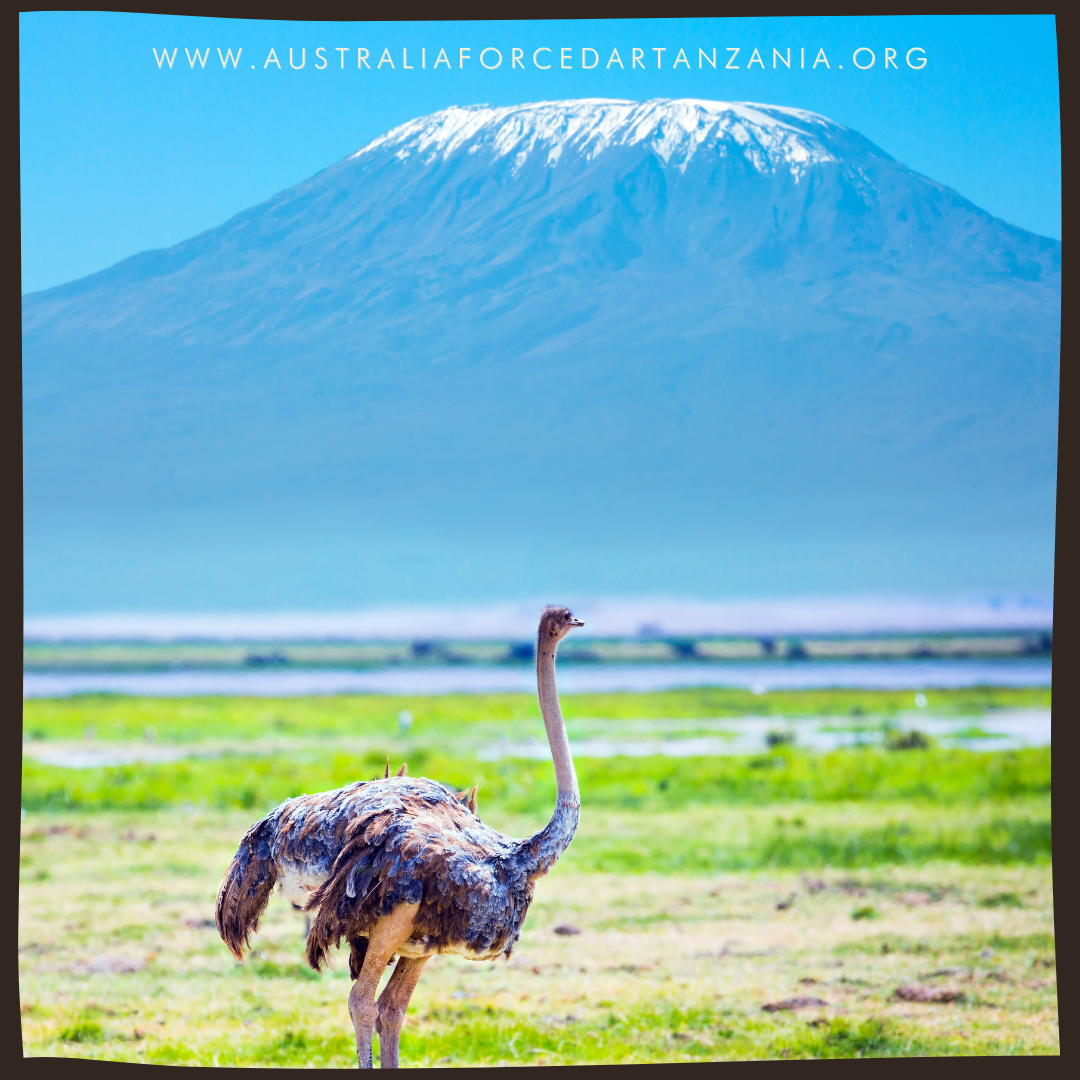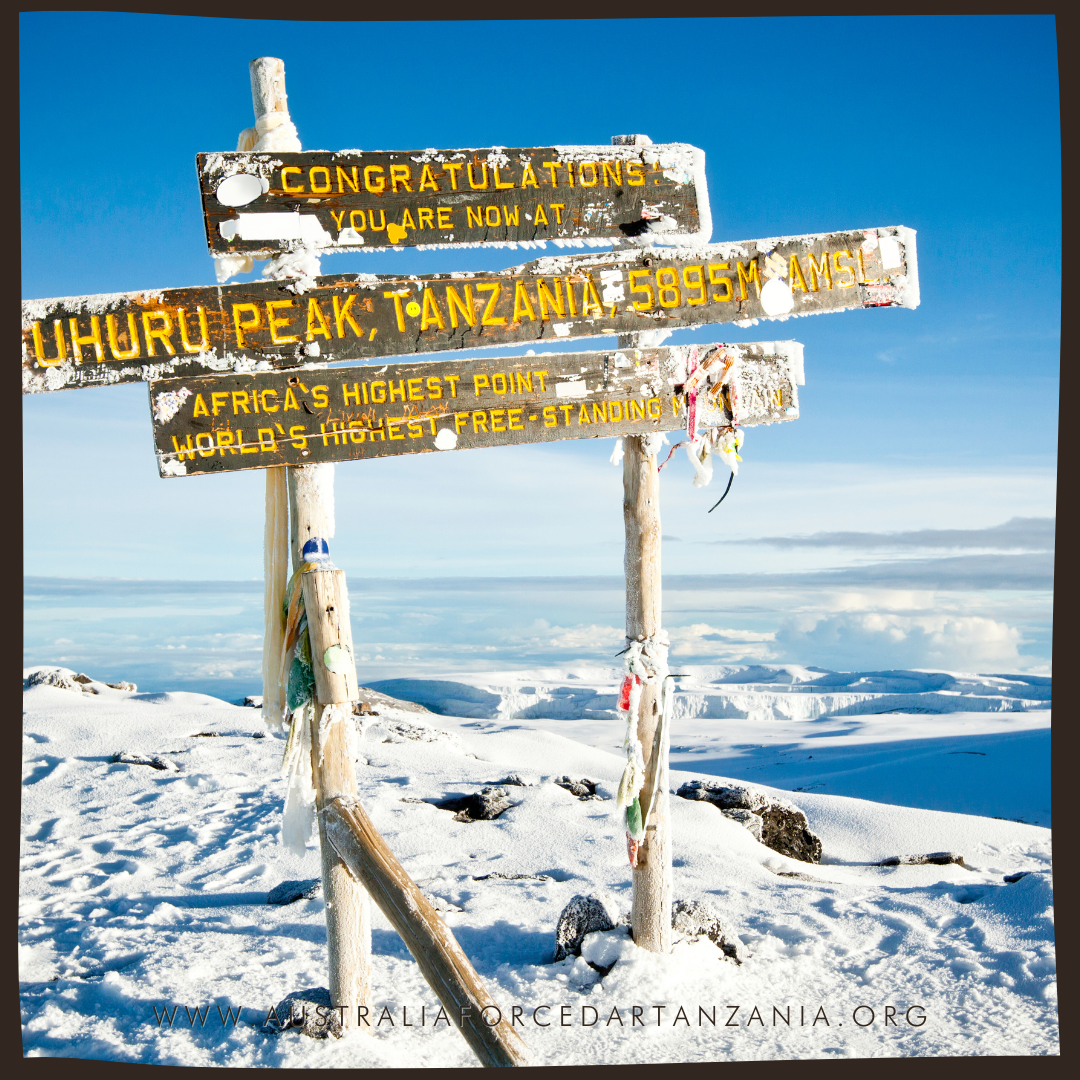In September 2026, a small group of supporters will stand at the foot of Mount Kilimanjaro with a shared purpose - to power safe, uninterrupted maternity care in rural Tanzania.
We’re inviting you to consider joining us.
Rising for Mothers – The Kilimanjaro Maternity Climb is a once-in-a-lifetime challenge that brings together personal courage and collective impact. By climbing Africa’s highest peak, participants will help fund the expansion of solar power at Kamanga Health Centre’s new maternity ward by ensuring reliable electricity when mothers and newborns need it most.
Power cuts in rural Tanzania are common. For a maternity ward, they can be life-threatening. Reliable solar power means continuous lighting, functioning medical equipment, and uninterrupted care during labour and delivery. This climb directly supports that reality.
The Challenge at a Glance
Mountain: Mount Kilimanjaro
Route: Northern Circuit
Dates: Starting 28 September 2026
Duration: 9 days total
7 days on the mountain
1 day before and 1 day after in Arusha. Hotel included.
Climber cost: USD $2,500 - $200 discount from previous quote. We are working hard to get you the best deal possible!
Fundraising expectation: USD $2,000 per climber
Impact focus: Solar power expansion for the new maternity ward
This is not about speed or summits alone. It’s about stepping up, physically, mentally, and collectively, to support dignified, community-led healthcare.
“This climb is about reliability, safety, and dignity for mothers and newborns. Every step taken on Kilimanjaro helps ensure that when a woman goes into labour, the lights stay on and care continues – no matter what.”
— Nina Hjortlund, CEO, Australia for Cedar Tanzania
Interested in Joining?
At this stage, we’re simply forming an interested list. There is no obligatio. Just an opportunity to receive full details, timelines, and next steps before deciding.
You’re also welcome to support the climbers and the mission right now. Every contribution helps move a climber closer to the summit and powers the new maternity ward:
If this challenge isn’t right for you, please consider forwarding this email to someone who might be ready to take on something extraordinary.
Together, we rise for mothers.
With gratitude,
Nina and the Cedar Team




























